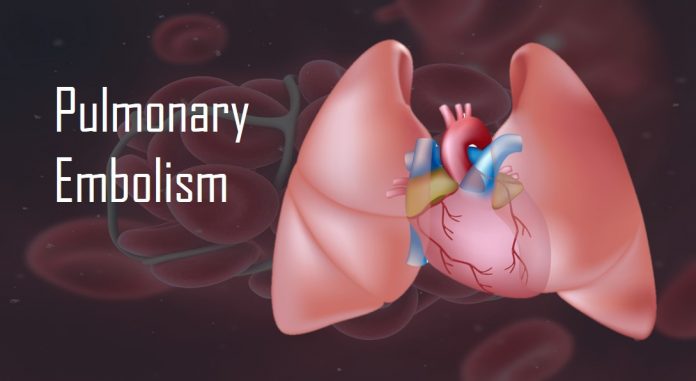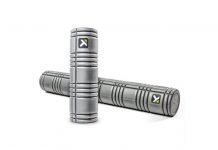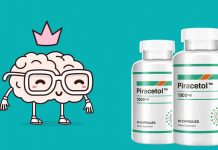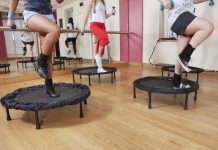
When you have a heart condition you tend to take things a bit more seriously than most others. What may seem like a small or meaningless occurrence to a person with a healthy heart can be a much bigger ordeal to you. Just feeling a little out of breath might not be something that of great concern, unless taking a breath feels usually painful. Something of particular concern can be a pulmonary embolism, otherwise known as PE, a blood clot or other blockage in an artery to your lung. Symptoms include severe chest pain, breathing difficulty and possibly coughing blood.
DVT (Deep Vein Thrombosis) is also a serious issue. Blockages from blood or other bodily material can form in the deep veins. The most common place is the legs, but it can occur elsewhere. Also, chronic DVT can occur when the clot is still in place for a month or two. The vein is then damaged by the debris and blood flow is greatly reduced.
What can you do to avoid PE?
There are several ways to reduce the chances for a clot. Staying physically active, even if it is just walking, can be one of the best ways to fight circulation problems.
Food Choices Matter
Everyone can benefit from a healthy diet and this is another reason for you to make good food choices. While diet might not be able to completely reduce your chances, it can be beneficial for any other condition or health issue too. Obesity heightens your risk for PE so diet can be especially important if you need to lose weight.
Reduce your Risk
You will have a higher risk factor if you have already experienced an embolism, DVT or Chronic DVT. Surgery can also be a risk factor, so if it is possible to treat any condition you have without an invasive surgery, that can help you too.
PE and DVT have a higher risk as you get older, and if your family history includes any embolisms or clotting issues. There is not much you can do about your age or your family history, but keeping your body in good condition is within your power.
If you have a clotting disorder, make sure you follow a doctor’s care and take medication as directed. For women taking hormone-based contraception, switching from birth control pills to an alternative (maybe an IUD) can help.
Also read: Best natural prostate supplements >>
Boost Circulation
- Stay hydrated
- Get up every hour when sitting
- Move your feet up and down and roll your ankles if unable to stand (such as a long car ride)
- Try compression socks
- Elevate your feet and legs
- Take blood thinning medication
- Stop smoking cigarettes (or reduce as much as possible)
You want to avoid PE, DVT, and Chronic DVT if at all possible. Finding ways to increase your circulation can be easy – you just have to put them into action. The main thing is to make sure blood flow is not restricted for any significant length of time. Your heart will be happy knowing you are taking all the steps you can to keep it running strong.
Also read: Unique fat burning supplement Instant Knockout >>



























